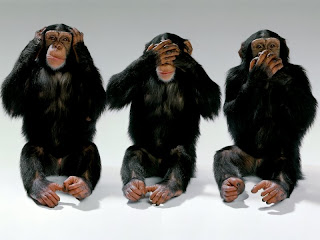
Recently in the news, there was a small story about the death of two people during a ‘spiritual retreat’ in Arizona. In case you missed it, basically two people died in this ‘sweat lodge’, and several others were injured. They said that the people were not forced to stay in the sweat lodge if they were feeling physically strained, they were only highly encouraged.
This story got me thinking about how easily the human mind is programmed. After watching an interview with a survivor, I’m convinced that the leaders of the retreat were using psychological control to keep people inside. The question lies at the line between psychological influence and psychological control. How much influence must you have over someone before you are controlling them? Maybe any at all? Regardless, it got me thinking about other situations and existing institutions that use this same type of influence, whether it be negative, such as psychological intimidation, or positive, what you might call motivation. Either way, it’s never healthy. It says something very strong about human psychology. That being, why in the hell are we so gullible? Being a species that passes information from one generation to the next requires that we be gullible to certain extent. Richard Dawkins described this very phenomenon with an evolutionary justification. He proposed in The God Delusion that the reason the human mind is so gullible is because it is necessary for survival in society. To sum up the natural selection of it, children who always listen to their parents learn more about how to survive than children who question everything and need to test everything for themselves (i.e. my mother told me that you should not walk off the side of a cliff, but I need to test it for myself—leads to a dead child). In other words, Dawkins says that maybe we’ve been through a long process of natural selection already where the psychology being selected favors gullibility. Unfortunately, it seems to have set us up to be somewhat overly gullible (has it not?), because our bullshit meters have become so shoddy that we can no longer distinguish when we’re having a ‘spiritual experience’ (which is another topic to be dealt with in itself) from when our very lives are in danger. Dawkins proposes that this be the explanation for why the masses are so gullible to religion and god concepts, because people who listen to everything survive better. If this is the case, what sort of natural selection is going on now? I think it’s a great misfortune, for example, that the public education system in this country seems more inclined to hand-feed children facts than to teach them how to think—because it only perpetuates the ease of programming minds. This is the ‘information age’. Now what we’re going to start needing to survive is a better information filter. For instance, if I tell you that you should go and try jumping off a bridge, well, you know… But to a deeper extent. Obviously foresight is bullshit, but it’s my best guess for what sort of natural selection might be going on. What bullshit can you find in your life?










